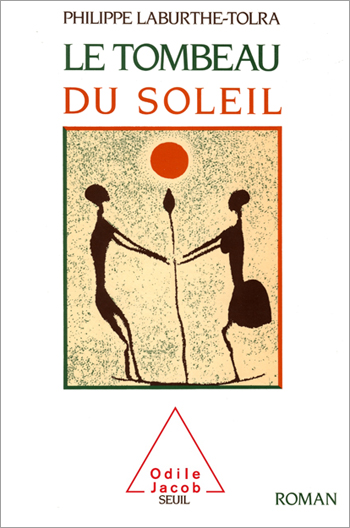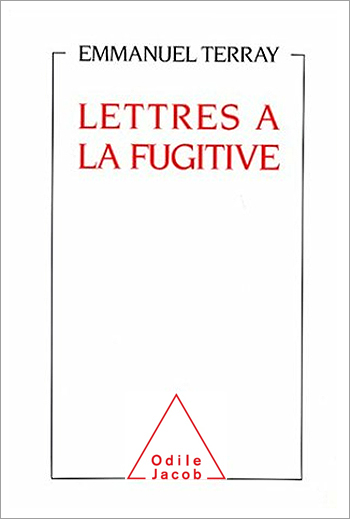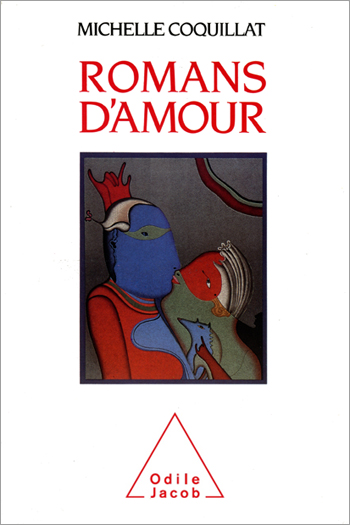Art and Literature All books
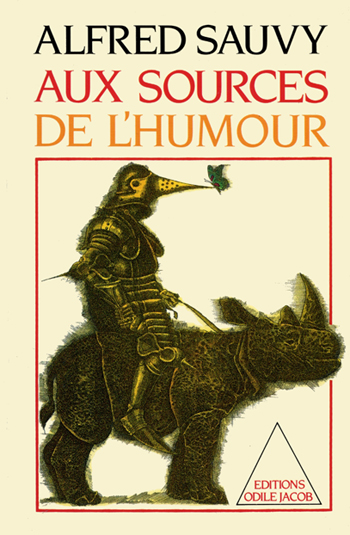
Alfred Sauvy
The Sources of Humour
With a view as encyclopedic as it is malicious, Alfred Sauvy invites us to journey through centuries and cultures in search of that eternal antidote to sadness and pedantry: humor. Faithful to his own voice, the author voluntarily leaves the floor to the humorists and offers us a pivotal reference work that combines erudition with an anthology that is full of alacrity. Alfred Sauvy (1898-1990) was a professor at the Collège de France, created and directed the Institut de Conjoncture, and later the National Institute of Demographic Study. Member of the Economic and Social Council of Paris, he was a longtime representative of France at the United Nations.
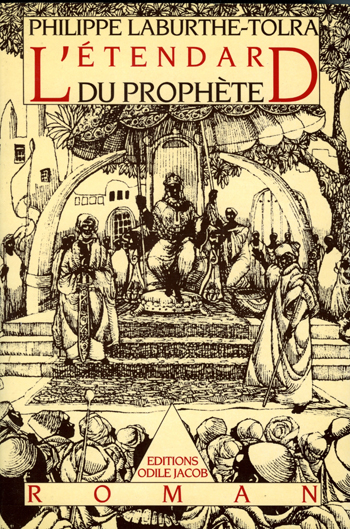
Philippe Laburthe-Tolra
The Standard of the Prophet
Philippe Laburthe-Tolra presents us with a great ethnographical and historical novel in search of black Islam of the early 1850s. His wandering narrative of love affairs, political intrigue and religious mysticism revives the culture of a people before colonization.
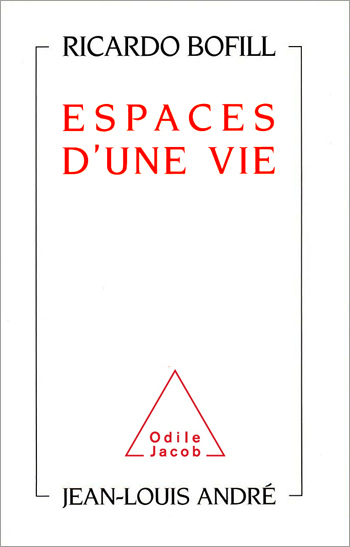
Ricardo Bofill, Jean-Louis André
Life's Spaces
Catalonian Ricardo Bofill is probably today's most famous and most controversial architect. In this book, illustrated with sketches and outlines, written directly in French with the help of journalist J.-L. André, he reveals an analysis of his art and an invitation to read the city.
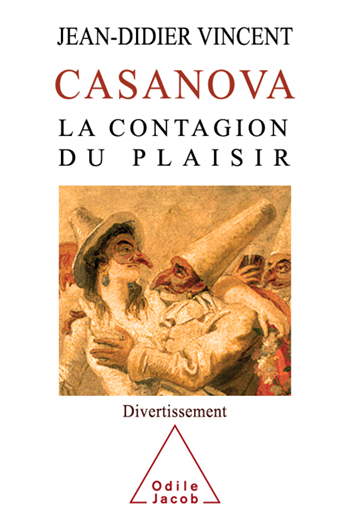
Jean-Didier Vincent
Casanova - The Diseases of Pleasure
J.-D. Vincent, author of The Biology of Passions, now turns his energetic eye upon the famous Venitian adventurer of the 18th century, whose Memoirs are strangely peppered with glorious descriptions of his diseases: no less than eleven small poxes for a multitude of conquests...
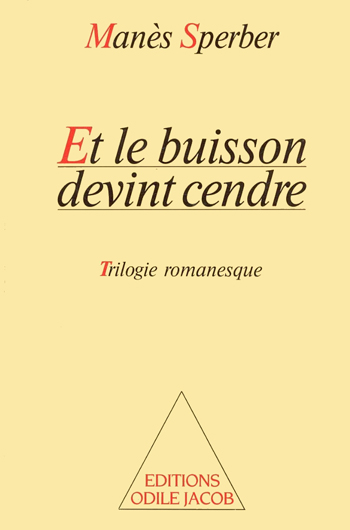
Manès Sperber
And the Bush Became Ashes
Novelist, essayist, and philosopher Manès Sperber is a major witness of the twentieth century. Born in 1905, he became the closest disciple of Adler, a Viennese psychologist known for his rejection of psychoanalysis. Driven from Berlin by the Nazis in 1933, he definitely broke with communism during the 1937 Moscow trials and established himself in the Parisian intellectual circles of Malraux, Camus, Koestler and Aron. Recognized in German countries as a major writer, his work has received many literary prizes. By publishing his three novels in one newly translated volume, Odile Jecob proposes a reference edition of this epic.

